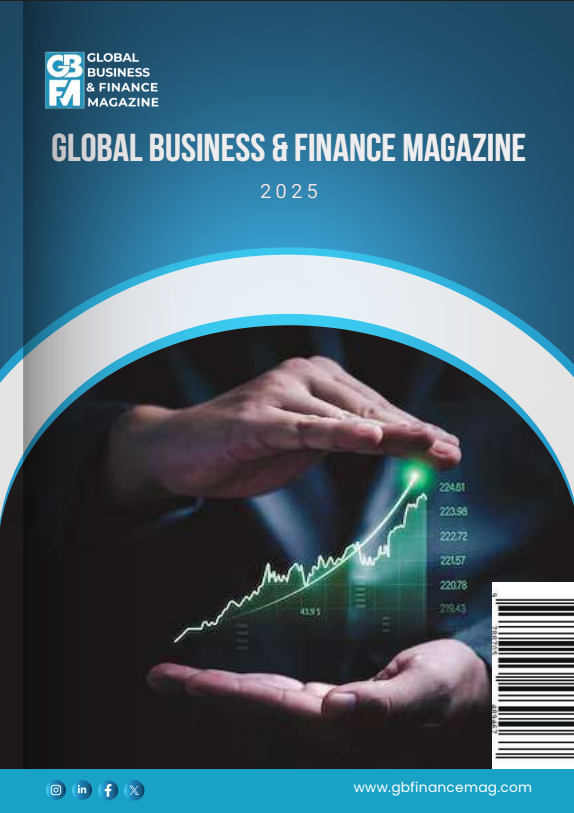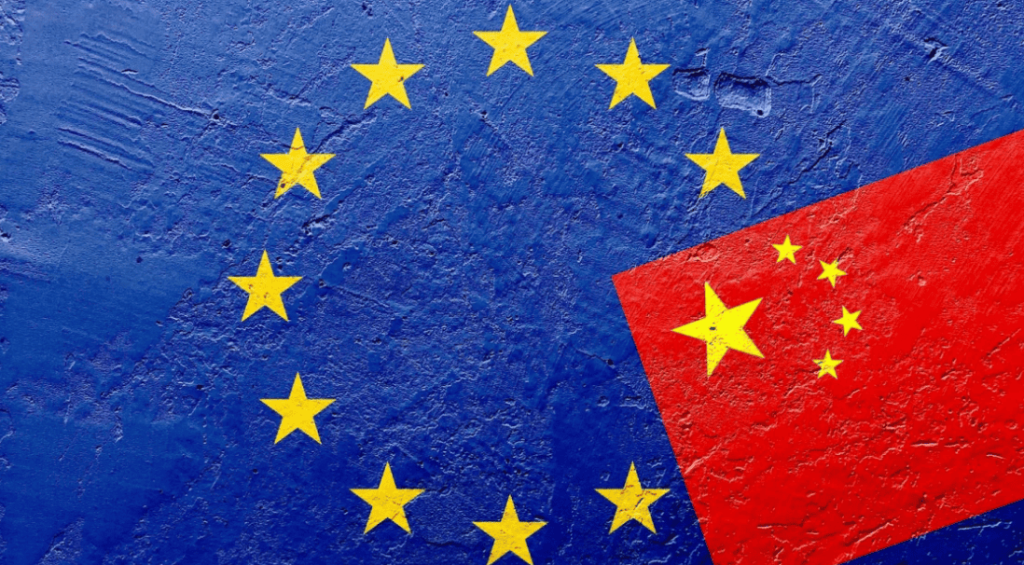Recent geopolitical tensions have been putting pressure on international supply chains. This column presents the findings from recent surveys conducted by central banks of the Eurosystem which suggest that firms’ exposure to critical inputs produced in China remains elevated, especially in Germany. Many companies are implementing de-risking strategies to reduce this dependency, mainly by substituting Chinese suppliers with others located within the EU. In the event of escalating tensions leading to barriers to trade and foreign investments between China and the West, a large share of European companies would be impacted, mainly through an increase in uncertainty and disruptions to trade.
Recent geopolitical tensions have been putting pressure on international supply chains, raising the prospect of trade fragmentation amid widespread policy initiatives to reduce external exposures (Aiyar et al. 2023). An escalation of tensions between Western economies and China could lead to significant disruptions in global trade and economic activity. China dominates the world’s production of a significant number of strategic products that are essential to global manufacturing and are hard to substitute (Baldwin 2024, European Commission, 2020).
In a joint Eurosystem effort to better understand the level of exposure of European economies to the sourcing of critical inputs from China, in the course of 2023, Banca d’Italia, Banco de España, and Deutsche Bundesbank leveraged on their respective firm surveys to ask a set of coordinated questions, and the same questions were also integrated into a survey carried out by the ECB. Cross-country surveys aiming at understanding firms’ exposure and responses to geopolitical risks are scarce. Notable exceptions include the surveys of the EIB (2023) and the EBRD (Kitzmúller et al. 2022) for European firms, which enquire about disruptions of supply chains and actions taken by firms to increase resilience. In turn, the evidence from the Eurosystem surveys presented here focus explicitly on exposure to geopolitical risk and firms’ de-risking strategies. The surveys also aim at understanding the channels through which both the geopolitical tensions and the reactions to them might affect the economy. The core questions centre around the exposure to Chinese inputs that firms deem ‘critical’ for their activity. 1 The sample of firms reached by the national surveys, about 14,000 in total, is representative of the German, Italian, and Spanish economies. 2 The results focus on manufacturing firms with at least 20 employees (about 4,500 firms), and are complemented with the ECB Corporate Telephone Survey (CTS) responses by 65 large firms, mostly multinationals with significant operations in the EU.
According to the three national business surveys, a large part of the economy is potentially exposed to a sudden stop in the sourcing of Chinese critical inputs. This is especially the case for Germany, where more than one third of manufacturing companies rely on such inputs (Figure 1a). The exposure of the Spanish and Italian manufacturing companies is relatively high as well, reaching 20% and 17% of manufacturing firms, respectively. 3 Exposure is also heterogeneous across firms, with the largest ones being almost twice as exposed to critical inputs from China as the smallest ones. Survey evidence is consistent with the indications coming from aggregate trade data, suggesting that Germany imports a higher share of key inputs from China than the other two countries (Figure 1b). However, these import shares only range between 2% and 5%, suggesting that aggregate trade data may understate the significance of these critical products – in terms of substitutability and geopolitical risk – for the production processes of companies.


Likewise, evidence from the ECB survey shows that China is the dominant source of critical inputs for large multinationals. Nearly 40% of respondents 4 identified China as a high-risk exporter of critical inputs. Also, more than 60% of the respondents considered China as a (potential) risk to their sector’s supply chains. Exposures to other partners, as well as their perceived riskiness, are notably lower.
The national surveys reveal that a sizable share of companies have already implemented strategies to reduce their sourcing risk from China, with higher rates in Germany (40%) than in Italy (30%) and Spain (22%). Another sizable share is considering doing so by the end of 2024 (about 20% in Germany and Italy, and 27% in Spain; see Figure 2a). Nevertheless, there is still a high share of exposed companies, especially in Italy and Spain, which are neither de-risking nor considering taking action yet. These companies are often dealing with hard-to-substitute critical inputs, which would take the longest to be replaced. The substitution of Chinese suppliers with EU suppliers (‘EU-shoring’) is the most frequent de-risking strategy among all three countries, whereas a considerable share of companies in Germany and Italy is also replacing critical inputs sourced from China with inputs from non-EU countries (Figure 2b). 5


Sources: Banca d’Italia, Deutsche Bundesbank and Banco de España. Questions: Over the past twelve months, has your enterprise purchased intermediate inputs from China that were critical to your enterprise’s production processes or business activities? Has your enterprise undertaken or is your enterprise currently undertaking measures to reduce purchases of Chinese intermediate inputs?
Increasing diversification and resilience of supply chains comes with a cost (Baldwin and Freeman 2022), which will be passed – at least in part – through to consumers. 6 About half of the large multinational companies implementing de-risking strategies surveyed by the ECB expect upward pressures on their selling prices in the next five years, although this share is lower than in the past five years. This might suggest that, in the past, firms were forced to abruptly revise their strategies in a sub-optimal, more costly way on account of unexpected shocks that strained supply chains, such as the pandemic and the Russia’s invasion of Ukraine. In the wake of future shocks, the prior implementation of de-risking strategies, while initially costly, may hence be helpful in alleviating potential price pressures arising from consequential supply chain disruptions. The overall impact of de-risking on price pressures may therefore not necessarily be upward in the longer term.
Figure 3 Companies indicating a potentially negative impact from fragmentation, by channel (% of manufacturing companies)


Sources: Banca d’Italia, Deutsche Bundesbank and Banco de España. Question: Imagine a scenario in which economic or geopolitical tensions between China and the West (including the European Union) escalate over the coming months, leading to new trade barriers and restrictions on direct investment. What impact would this have on your enterprise’s business activities? The chart reports only the “Mostly negative” answers.
An escalation of geopolitical tensions leading to barriers to trade and foreign investments between China and the West would have negative effects on the activity of a large share of European companies. Around 40% of Italian and Spanish manufacturing companies indicated that higher tensions could have a negative effect on their activity. This share is much higher for German firms (75%), which reflects their higher exposure to China (Figure 3). One of the main channels of disruption to business activity would be the loss of access to Chinese inputs. 7 However, the increase in uncertainty about future economic developments is the most relevant channel for all three economies. As a result, many companies with no direct links with China also expect a negative impact on their activity. This channel is particularly relevant because it is often not considered in macroeconomic model simulations, which usually emphasise the trade channel. Finally, it could also act as an amplifier mechanism throughout the whole economy. 8
Conclusions
Recent business surveys conducted by three European central banks present unique and comparable cross-country evidence on European firms’ critical exposure to China and their de-risking strategies. These survey data provide insights into the high dependence of European firms on critical inputs from China, as well as into apparent differences across countries and firms. After several global supply shocks, there is now clear evidence that EU-shoring of suppliers is a prominent strategy among European firms to increase the resilience of their supply chains, even though this necessary reorganisation process is likely to take time and involve costs.
In line with the view expressed by firms in the ECB Corporate Telephone Survey, this process is ceteris paribus likely to be accompanied by upward price pressures in the next five years, albeit more modest than in the past five years. Nonetheless, implemented de-risking strategies might mitigate elevated price pressures in the future that result from sudden geopolitical shocks, such as the supply chain disruptions seen during the pandemic and the energy crisis following the Russian invasion of Ukraine, that significantly contributed to the recent inflationary wave. These developments are key for central banks to monitor. Therefore, frequent cross-countries surveys are called for. Beyond survey evidence, further analytical and monitoring tools are necessary to anticipate and assess the impact of fragmentation-related shocks. In this regard, the forthcoming European System of Central Banks Report on Trade Fragmentation (IRC Trade Expert Network 2024) aims to enrich the toolkit available to central banks to better understand and anticipate the dynamics and the impact of the trade fragmentation process.
Source : Voxeu





































































